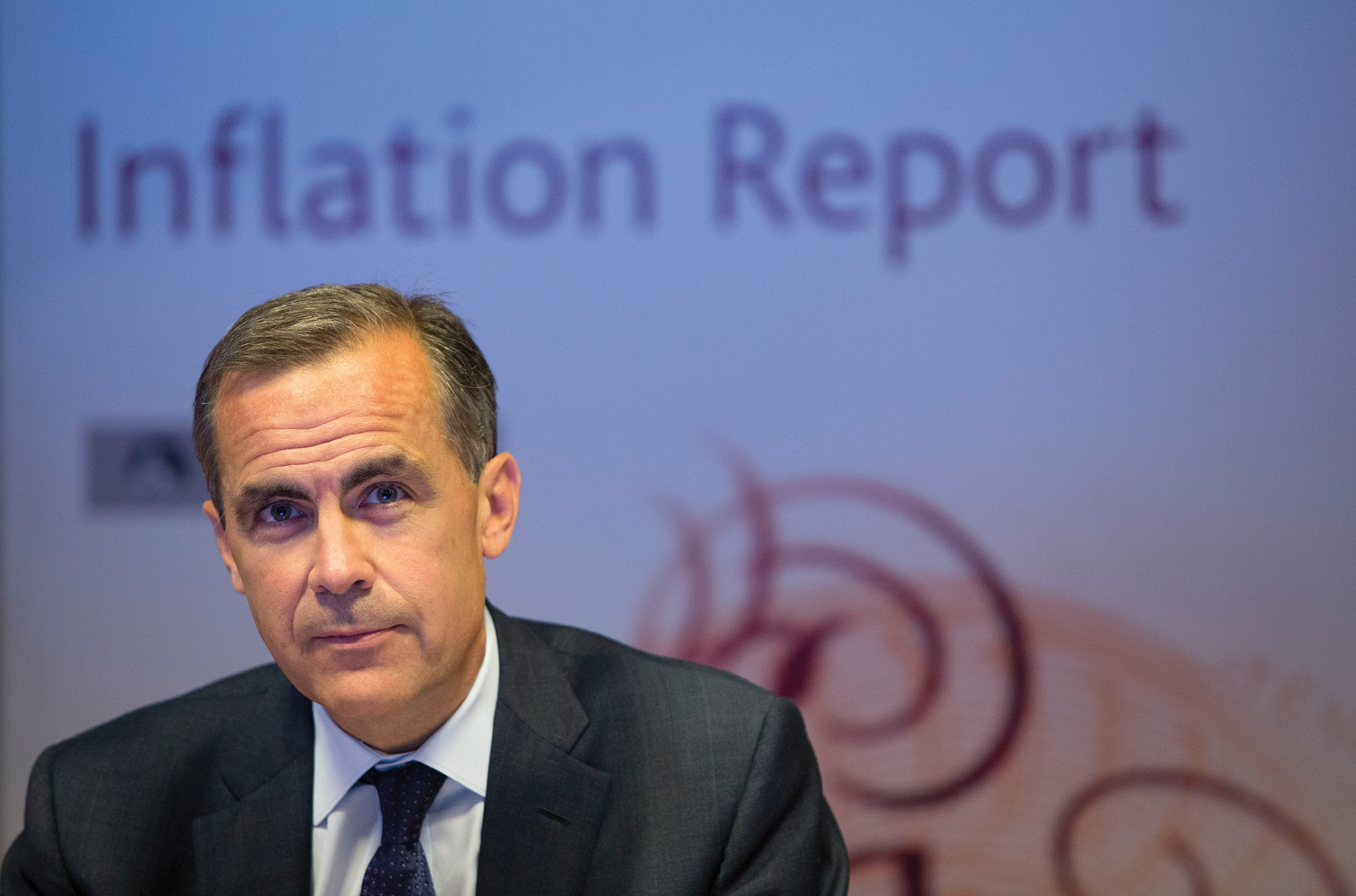Investing
Bond managers: BoE will backtrack on rate rise guidance

Fund managers have cautioned the Bank of England (BoE) will be forced to backtrack on its forward guidance measures as it has been too pessimistic over the state of the UK economy.
Last week, new BoE governor Mark Carney indicated the Bank will not consider raising interest rates until the unemployment rate falls to 7% (from a current level of 7.8%) – something it does not expect to happen until the second half of 2016.
However, bond managers said a combination of better economic data and caveats to the Bank’s guidance are leading to UK rate hike expectations being brought forward.
“If you take a look at what the PMI data is indicating, growth could well be a lot stronger than the BoE has predicted, which will force Carney to backtrack on his words,” said Bob Jolly, head of global macro at Schroders.
James Foster, manager of the £530m Artemis Strategic Bond fund, echoed concerns the Bank may be making life difficult for itself in future, given the improving economic backdrop.
“The Bank of England may well be saying in a year’s time that rates need to rise, but find they are constrained by their guidance,” he said.
The BoE raised growth forecasts for both this year and next in its inflation report, from 1.2% to 1.4% this year and from 1.7% to 2.5% for 2014, but Carney sought to downplay expectations of a strong recovery.
“This remains the slowest recovery in output on record,” he cautioned, adding the UK economy has not yet reached the desired “escape velocity”. However, investors have taken a more optimistic view.
“Some of the recent statistics have been unashamedly good. If you were to take a snapshot now, I think some people would argue monetary policy is a little too weak, and should be tightened,” said Foster.
Ariel Bezalel, manager of the £1.1bn Jupiter Strategic Bond fund, said sterling– which moved to a six-week high of $1.54 on the day of the BoE announcement – would be supported by the guidance.
“The thing that has really been supressing sterling is a super-dovish statement from the Bank of England, which did not really happen.”
“This guidance would tend to encourage you to be a little more, rather than less, optimistic on sterling,” agreed Foster.
With gilts likely to come under further pressure if the economy continues to improve, managers are remaining short duration risk within their portfolios.
“Just because the bank committed to keeping its rate low does not mean yields cannot rise,” said Michael Matthews, co-manager of Paul Causer and Paul Read’s £5.5bn Invesco Perpetual Corporate Bond fund.
“The market will price in the guidance and then we could see yields moving again in reaction to new data, with the long end rising and the curve steepening on signs of stronger growth.”
Jolly agreed the statement will give managers little in the way of flexibility on duration, given the existence of the ‘knock-outs’ which could cause the BoE to scrap its forecasts.
“Stronger growth will lead to inflation expectations picking up, which is another caveat against the Bank’s plans, and is why I believe the proposals are not concrete enough,” he said.
The Bank said its guidance may be scrapped if it forecasts CPI inflation to be above 2.5% on an 18-24 month timeline, if inflation expectations become “unanchored”, or if low rates pose a threat to financial stability.
Artemis’ Foster is staying short of gilts within his Strategic Bond fund, and said the caveats meant the statement did not have the desired effect.
“There are too many get-outs. I am not more confident than I was that rates are going to be low for a long time,” he said.